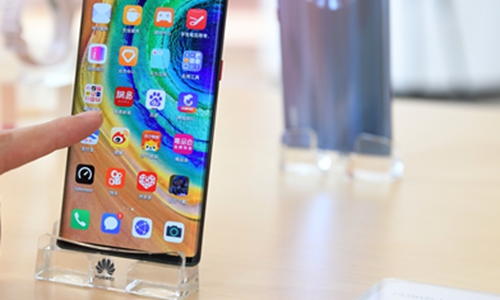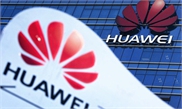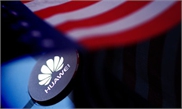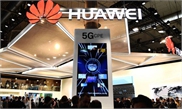Chinese threat to Germany on Huawei a hoax: experts
Western reports on ‘retaliation’ are biased: experts

A view of Huawei smartphones Photo: Xinhua
The US has repeatedly threatened its European allies of the consequences of choosing Huawei in their 5G rollouts. But Western media have ignored Washington's coercive postures and adopted a biased view: they dressed up the US' ambition to assault China's tech rise while describing a kind reminder from Chinese officials over Huawei-related issues as a hint of Beijing's retaliatory measures.Such double standards are obvious in recent US media reports, which claimed that "China threatens retaliation should Germany ban Huawei 5G."
The headline was referring to a comment made by China's Ambassador to Germany Wu Ken at an event held by German media outlet Handelsblatt on Friday. According to a video on Handelsblatt's website, Wu said if Germany were to make a decision that leads to Huawei's exclusion from the German market, there will be consequences. And the Chinese government will not stand idly by, Wu said.
"Can we also say that German cars are not safe because we're in a position to manufacture our own cars?" Wu gave an explicit answer by saying "No, that would be pure protectionism," which indicates that the Chinese government will not support protectionism and undertake such retaliation against Germany.
Bloomberg reported the news by explicitly running a headline titled "China threatens Germany with retaliation if Huawei 5G is banned."
The Chinese company reassured European countries on Monday by tweeting: "Europe can achieve digital sovereignty by staying true to principles of openness, competitiveness and fair trade, and Huawei hopes to help Europe shape the digital world based on our common shared values and goals."
Chinese analysts said that Wu's comment is merely a reminder to Germany on the difficulties Huawei is facing overseas under the US-led brutal crackdown.
"Huawei is being hard done by foreign countries without any proof to confirm there are security holes in the company's equipment, so it is normal for China's ambassador to Germany to illustrate the difficulty," Xiang Ligang, an expert in the telecoms industry, told the Global Times on Monday.
Xiang said that some media often ignore what threats the US uses against other countries.
"The US has continued to tell other countries: if you choose Huawei equipment, I will stop sharing intelligence with you. This is a more serious threat from the US government," Xiang said.
In a contrast to the Bloomberg report, Handelsblatt described Wu's remarks as a warning instead of a threat. The media titled the article "Chinese ambassador Wu Ken: 'The safety concern of the US against Huawei is hypocritical'."
Germany is not the only country that has scrutinized Huawei, and other European countries have also flip-flopped on the Chinese company.
As of October, Huawei had obtained more than 60 5G commercial contracts, 32 from Europe, documents the company provided to the Global Times on Sunday showed.
So far, 21 countries in Europe have chosen Huawei equipment to build their 5G networks, according to a calculation based on public data.
Facing the current situation in Europe, Huawei should prioritize two things: building a good relationship with local telecom operators for its long-run development; and hiring more local professionals who are familiar with European political conditions, Fu Liang, a Beijing-based telecom industry expert, told the Global Times on Monday.
"People familiar with local politics could better deal with government relations and public relations," Fu said, noting the move for Huawei is urgent.




